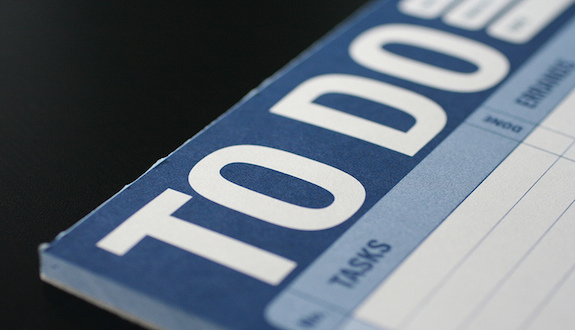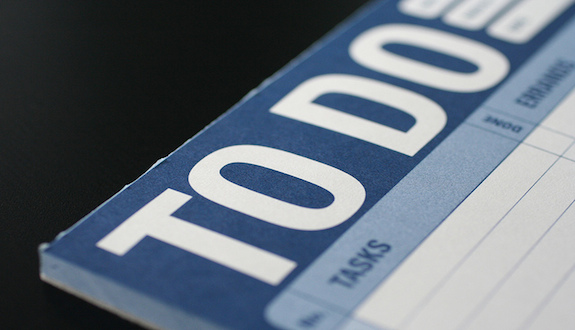Taking the LSAT in 2019? You May as Well Take the July Exam
- by
- Oct 10, 2018
- General LSAT Advice, LSAT
- Reviewed by: Matt Riley


As we noted last week, LSAC has finally revealed details about the testing schedule for next year, including the logistics for how the transition to an electronic test will work. If you’re considering taking the test next year, this is a good time to hammer out exactly what timeline you intend for your test.
As always, the best time to take the LSAT is whenever you’ll have the most time to prepare beforehand. Fortunately, in 2019, LSAC is giving you lots of options: There are a total of 9 LSATs between June 2019 and April 2020, so you have a lot more flexibility to pick the exam that works best for you. And there’s a healthy smattering of both 8:30 am administrations and 12:30 pm administrations, so as you’re deciding what month to take your test, you may want to consider how well your brain typically functions at the crack of dawn (or near enough to it).
If you’re thinking about taking the LSAT in the summer or early fall, there’s an additional factor to take into consideration. As part of the rollout of the digital test, LSAC announced that people who take the test on July 15, 2019 will be given either the paper version or the new digital version — they won’t be able to choose.
However, in order to help test-takers with the transition, July testers will also get a special option: They’ll be shown their score before the official score release and given the chance to cancel it. That’s a big deal because, although you have always been able to cancel your score for any administration of the test, in the past (and foreseeable future) you’ve had to decide whether to do so without knowing what that score actually was. You could be canceling a truly atrocious score that would sully your score report, but you could also be canceling the best score you’d ever gotten, and you’d have no way of knowing aside from your gut feelings.
Because of this feature of the July test, financial considerations aside, there is really no downside to taking the July LSAT — if you don’t do as well as you’d hoped, you’ll be able to see your score and cancel it, and law schools will be none the wiser. Plus, even if you end up deciding you need to take the test again, you’ll have the benefit of firsthand test-day experience, which tends to help with nerves on subsequent retakes.
All of this is to say that, if you were considering taking the June 2019 administration of the LSAT — which will be the final all-paper administration — or the September 2019 version — which will be the first fully digital test — it’s probably a good idea to plan on taking the July 2019 LSAT as well. If you took the test in June but want to see if you can do better, July gives you a low-risk, high-reward way to do just that. And if you’re planning on the September test and aren’t sure you’ll be quite ready in July, well, at worst you can treat the July test like a practice exam or like a dry run for your real LSAT, and at best you’ll end up with a score in the range you were hoping for.
Search the Blog

Free LSAT Practice Account
Sign up for a free Blueprint LSAT account and get access to a free trial of the Self-Paced Course and a free practice LSAT with a detailed score report, mind-blowing analytics, and explanatory videos.
Learn More
Popular Posts
-
logic games Game Over: LSAC Says Farewell to Logic Games
-
General LSAT Advice How to Get a 180 on the LSAT
-
Entertainment Revisiting Elle's LSAT Journey from Legally Blonde








